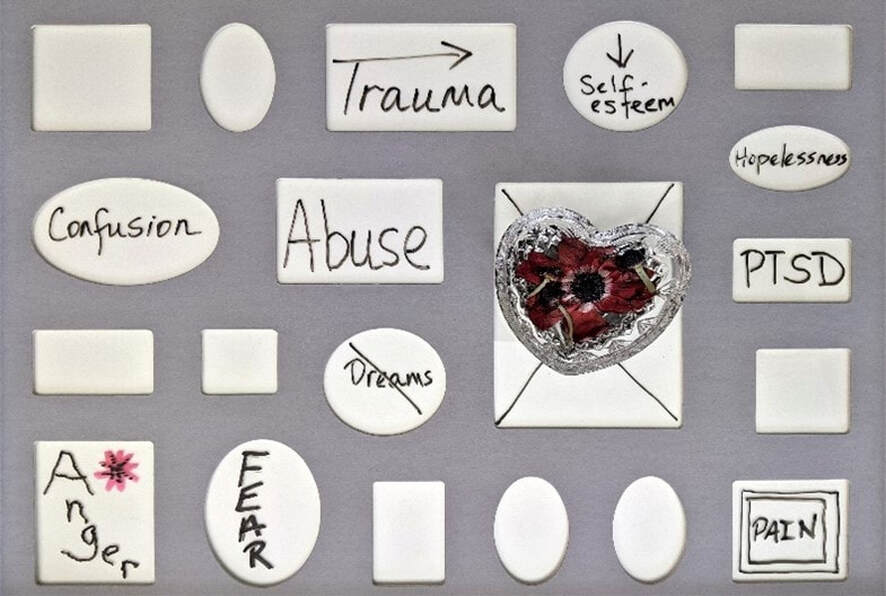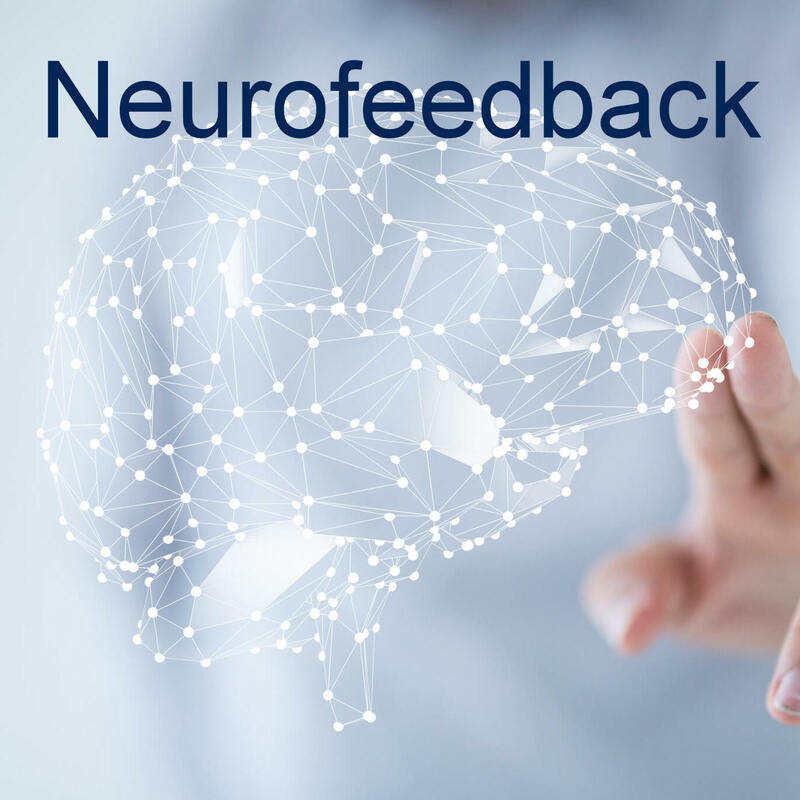|
by Melissa Marconi, LMSW What is Reassurance Seeking? We all have days in our lives when we need extra support. Our loved ones can lift us up when we need encouragement or provide feedback when we are working through a problem. Sometimes just the sound of someone’s voice can give us comfort. Social connection is invaluable and is linked to lowered depression and anxiety symptoms and improved overall health and well-being.
However, sometimes we start to rely on these loved ones (safety persons) and this can lead to problems. Though we may find short term relief, it actually increases our need for more reassurance. Not only will
0 Comments
by Jayoti Chabra, LMSW Being overwhelmed can be triggered through many aspects of your life. Work, family, friends, school and other mental, physical or emotional factors play a role. These experiences individually may not amount to much, but the sum can be greater than the individual parts. If we don’t have the appropriate coping mechanisms, there can be an avalanche type of effect. In order to avoid this, there are many tips and tricks that can be used to help manage and cope with the stress in a healthy manner.
Some of these techniques include the following: by Bryan Johnson, LMSW Therapists are individuals who are trained to help others with the many difficulties they can experience in their lives. They are empathic, kind, knowledgeable and authentic. The media does not always view therapists in the same light!
An example of this is from the movie “The Santa Clause.” In this movie, there is a character who is a child psychologist, and the film portrays him as being very obnoxious and a know-it-all. This type of portrayal has impacted how individuals view therapists and all mental health workers. While this movie was made in the 90’s, this is still a common theme in today’s media. A movie produced more in the present, “Split” is based on an individual who has 23 different personalities and is seeing a psychologist for therapy. This psychologist became so emotional and invested in this patient that her inappropriate interactions cost her her life. These shows are just two examples of a wide variety of mental health characters that have been portrayed wrongly to the public. No wonder so many people "don't believe" in therapy or wonder how talking to someone can even help. But what is the difference between media portrayals and real life therapy? With Links to Get Started by Melissa Marconi, LMSW Meditation is a great tool to add to your wellness routine as it can give you a sense of calm, peace, and balance. It can benefit both your emotional well-being and your physical health. Meditation can help you learn to stay centered and keep inner peace.
by Jessica Satkunasingham, MS When you think about your family and the amount of screen time that they watch, what comes to mind? Do they watch too much? Too little? Just the right amount?
By Andrea Panebianco, MS What is trauma? Trauma is a lasting emotional response that individuals experience once having lived through a distressing or painful event. While many people endure traumatic events, it is important to remember that the experience of trauma can significantly impact one’s ability to function in their everyday lives. This notion is particularly true for adults and children who have experienced prolonged trauma, including trauma related to pervasive racism, poverty, and other adversities.
So, with this, what is executive functioning? Executive functioning includes a multitude of mental processes that enable us to communicate, attend, focus, and multitask; it helps us remember and apply information, plan and achieve goals, and make healthy decisions for ourselves and others. Importantly, these types of skills are related to the physical development of our brains. Executive functioning, therefore, is a crucial element for maintaining academic, cognitive, social, and behavioral success throughout our lifetime. How, then, does trauma impact someone’s executive functioning skills? |
Archives
October 2023
Categories
All
|























